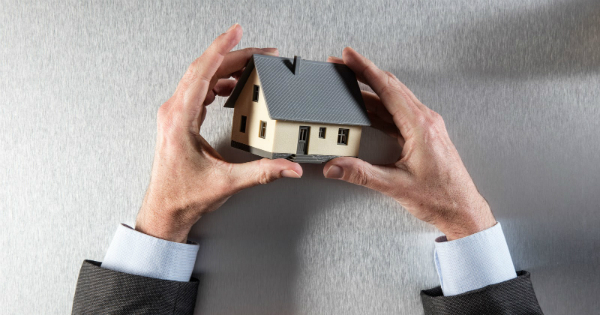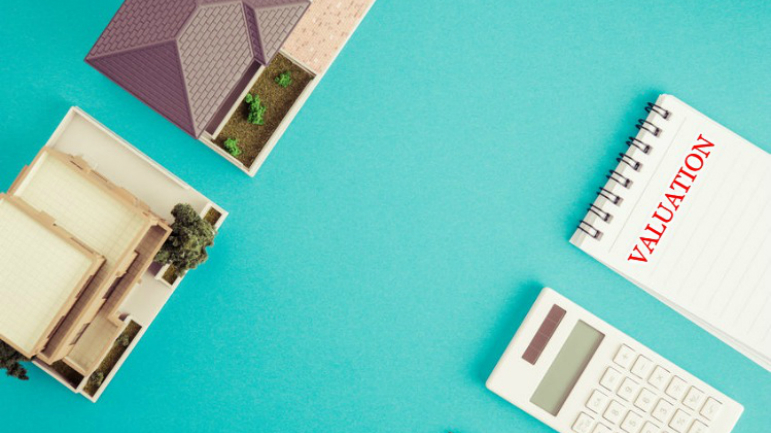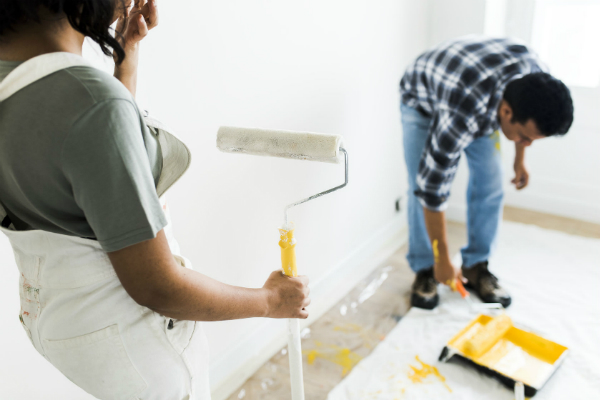The market value of a property isn’t determined just by a casual look-see, whether it’s in or around the building.
To determine the market value of a home, an estate agent or an independent valuer is actually called upon to provide his/her professional opinion on the property’s value.
PropertyGuru Tip
This action is also known as a ‘real estate appraisal’.
Before we take a look at the top factors that could harm your property’s valuation, you might be interested to know about the common methods used to determine a property’s market value.
Here are two of the more common ones:
1) Sales Comparison
This is the most common method used in a property valuation. An estate agent will come up with an estimated price based on a comparison against other similar properties that have recently been sold.
These similar properties will need to share a number of comparable features with the property in question. For example, this could include:
- Location
- Square footage
- Number of rooms
- Any renovations or refurbishments carried out
- Age of the property
2) Cost Approach
Under this approach, a property’s value is derived by subtracting the property’s depreciation cost from the land and construction cost.
Construction cost could pertain to costs related to rebuilding, repairing, or renovation of the property. For property depreciation, this would include aspects such as repair costs.
So what are the main factors that could harm your property’s valuation?
Now that you know two common ways in which a property’s market value is determined, let’s take a look at the main factors that could diminish this value.
1) The state of your home’s interiors
If your house has wall cracks, yellowing floor tiles, and wires dangling all over the place, it’s best to do something about it.
Such features are not only unsightly, it also poses a danger to you/the occupants of the property, as well as negatively affecting your property’s valuation.
If it’s been a long while since you’ve last moved in or had your home renovated, you could consider doing another round of renovation.
But, if you’re on a tight budget, you could simply perform some of the home improvements yourself, or choose to restore instead of renovate!
Whether it’s applying fresh coats of paint, or scrubbing the floors till they’re squeaky clean, your home will become better placed for a more favourable valuation.
2) Your home’s interior design
Imagine a home designed with old-school flower print tiles, and walls painted in a faded pastel green.
Even if your furniture, floors, and walls are well-maintained, they won’t look flattering if they are old-fashioned and out-of-trend.
Such appearances don’t create a great first impression, and could go towards a sub-par valuation.
If you feel you’ll be better off with a professional opinion, hire an interior designer. These experts are well-placed to advise on how you can redesign your home to appeal to a wider audience.
3) The perceived size of your home
We all know that the bigger a house is, the more it’s likely to cost. Consequently, a home that’s perceived as more spacious could command a higher valuation.
If you’re living in a smaller apartment, there are many things you could do to create the illusion of a bigger space.
For example, you could paint your walls white, or replace huge furniture with smaller pieces.
Love having mirrors around the house? You could have full wall mirrors installed, which could help make your home look a lot bigger. Your home will also look brighter and more well-lit as a result.
4) The presence of pets
A pet’s effects on a home’s environment can sometimes last for years. That’s why a home’s valuation could be lowered if there are pets living in it.
Long after you’ve moved out, your house could have traces of your pet’s fur and odour. There could also be a stench of urine if your pet has urinated on the floor often.
Some home buyers prefer properties that have been pet-free, while some may simply be allergic to certain types of pet fur.
If you have a pet at home, note that its mere presence could well affect your property’s valuation.
5) Unpleasant neighbours
So far, we’ve looked at aspects pertaining to your home’s internal environment. But did you know that having unpleasant neighbours could ALSO lead to a less-than-favourable valuation?
In the UK, at least, 9 in 10 estate agents have said that a bad neighbour can have a very negative impact on the value of the house.
Such neighbours could include inconsiderate individuals who turn on their music too loud at night (every night!), or those who clutter the front porch with junk.
Even worse: neighbours who chuck their rubbish over into your garden! All of these are understandably unsightly and unappealing to both valuers and buyers.
Disclaimer: The information is provided for general information only. PropertyGuru International (Malaysia) Sdn Bhd makes no representations or warranties in relation to the information, including but not limited to any representation or warranty as to the fitness for any particular purpose of the information to the fullest extent permitted by law. While every effort has been made to ensure that the information provided in this article is accurate, reliable, and complete as of the time of writing, the information provided in this article should not be relied upon to make any financial, investment, real estate or legal decisions. Additionally, the information should not substitute advice from a trained professional who can take into account your personal facts and circumstances, and we accept no liability if you use the information to form decisions.







